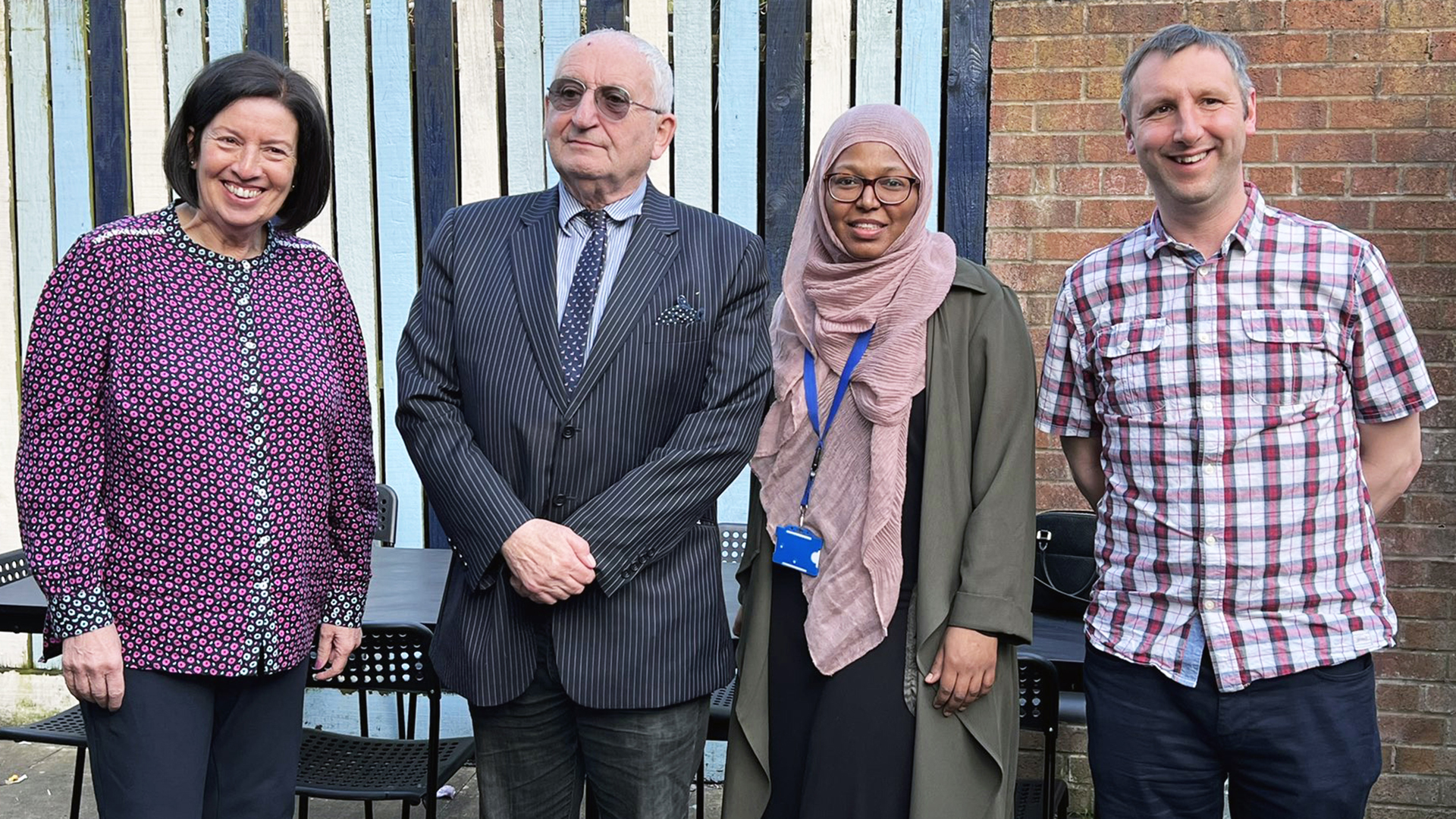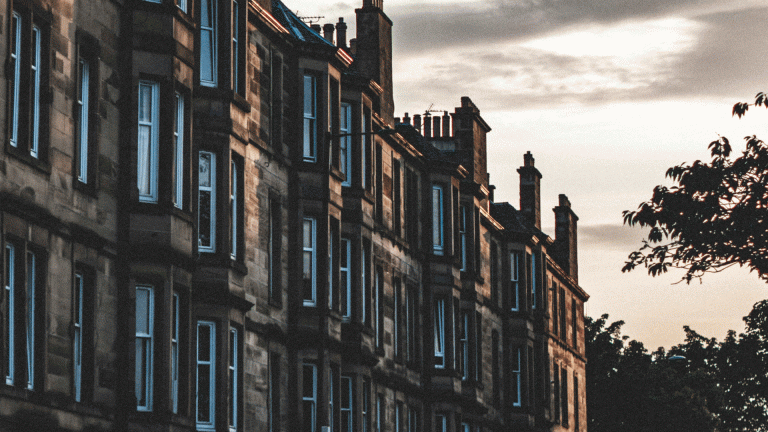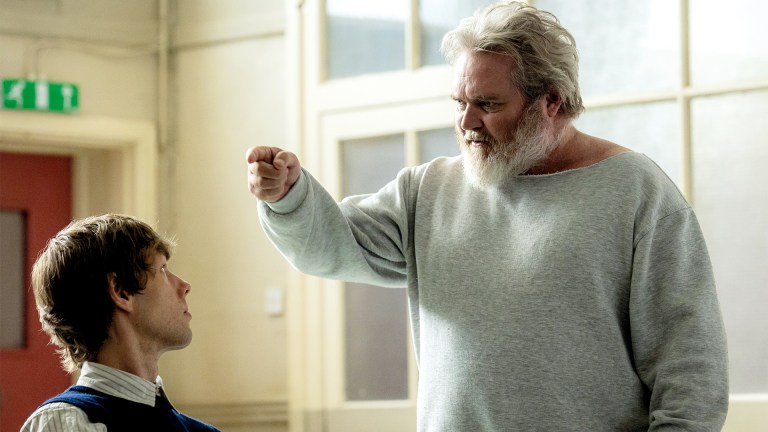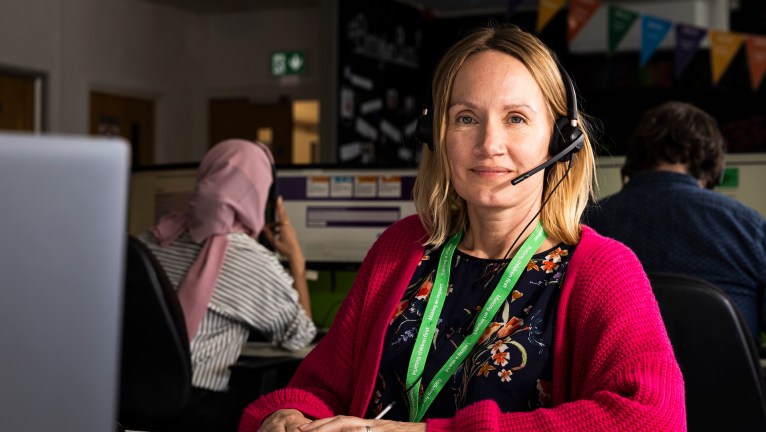For a project that endeavours to get rough sleepers off the streets of Stoke-on-Trent, 90 Hope Street is suitably named.
Hope, or a lack of it, is one of the first things that goes when you arrive on the streets to live. Why believe there is any reason for hope when you are down to ground zero? Why imagine that things could be better when life is reduced to an immediacy? Everything is about the next piece of relief, the next few minutes or hour; at most the next day.
Losing hope means that it often becomes incredibly difficult for people who’ve been brought down to the streets to even contemplate a future. It is only when you can introduce the idea that things could improve with support and help that people can rise from street life.
What I first liked about 90 Hope Street is that it looked like an ordinary house among other houses. It did not announce ‘institution’ or that you were about to be ‘processed’. I spoke to some of the staff and customers – as they call people using the service. The mood was determined, to help people get off the streets.
The important word here is ‘people’. I have campaigned seemingly for ever to get people to realise that homeless people are people. They have not simply fallen into another human category. The staff at 90 Hope Street do their best to achieve this lifting up of people by supporting them as people.
I was in Stoke with Jo Gideon, the local MP, to talk about supporting my Wellbeing of Future Generations Bill that is now in the House of Commons. I was also meeting with the Business Improvement District, talking about bringing prosperity back to city centres; a surefire way of spreading prosperity, and an essential detail to help a community engaged in helping those that end up on the streets. After all, a healthier community is more likely to put effort into supporting initiatives to get people off rough sleeping.









